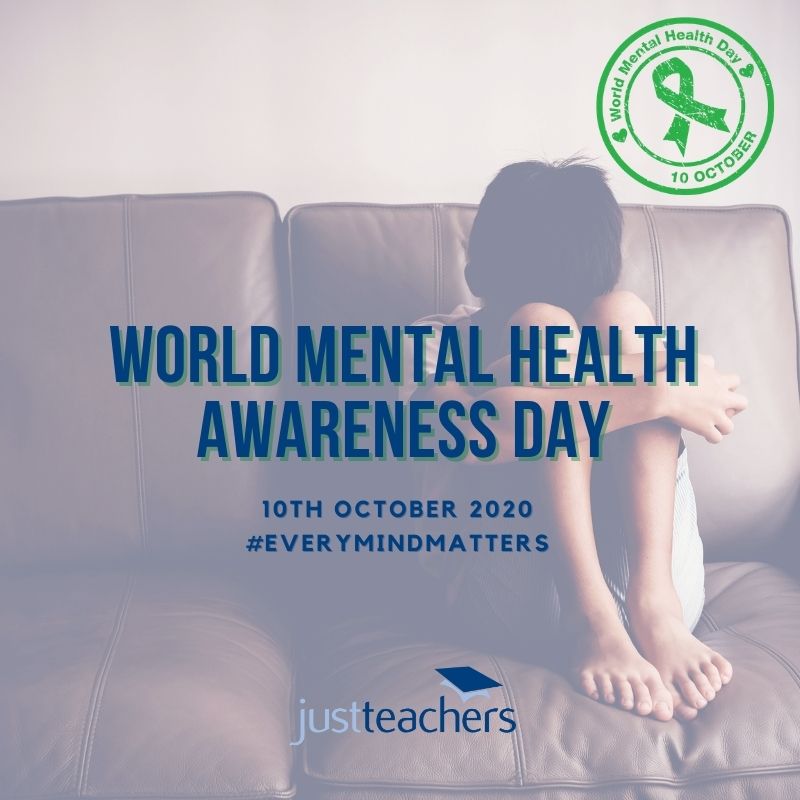
Today marks ‘World Mental Health Awareness Day’, which has become an ever more poignant recognition day this year.
1/10 young people suffer from a significant mental health problem* which has been further exacerbated in the wake of the global pandemic, and 50% of Mental Health problems are established by the age of 14*.
COVID-19 has undoubtedly shone a bright light on mental wellbeing, particularly for children, who have been isolated from friends for a sustained period or had to deal with family problems, loss or changes to their living situation.
With the ongoing uncertainty for our children of whether they may have to further ‘self-isolate’, be sent home from school abruptly, or just the fear of an unknown, these are all huge trigger points for anxiety to rear its ugly head.
Statistic prior to the pandemic highlight that 70% of children and adolescents who experience Mental Health illnesses have not had appropriate interventions at a sufficiently early age*.
It is therefore imperative that we ensure they are getting the right emotional support that they need at the earliest stages possible.
Within the school setting, the government ‘Catch-Up support’ funding might go some way to help encourage investment in Social and Emotional Mental Health early intervention as soon as these issues are identified. Detailed information published by gov.uk can be found about Catch-Up Funding and the entitlements for different education provisions here.
Outside of education, there appears to be a plethora of resources available online for parents, families and carers to help identify the early indications of Mental Health problems and how to offer home support, interventions and possible solutions.
If you are from a school or provision and would like more information about our Catch-Up support specifically for Social, Emotional and Mental Health, please do not hesitate to contact your local branch by submitting your details here.
*(Statistics from Nip in the Bud, YoungMinds and ACAMH)






